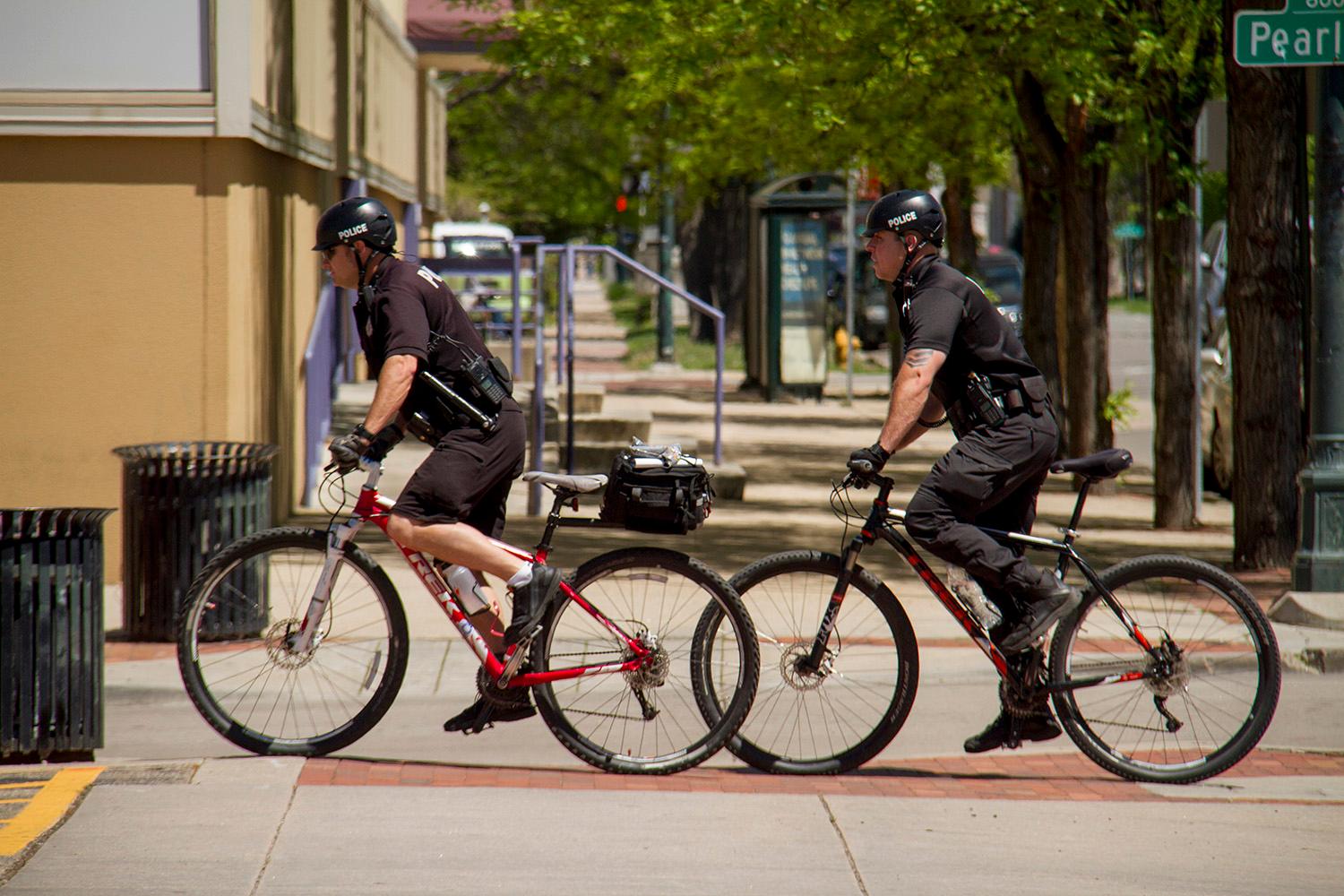
The Denver Police Department will soon start keeping track of potential racial bias by its officers. On Monday morning, Police Chief Robert White explained his new approach, which could start as early as the end of the year.
"It speaks to transparency," he said. By monitoring whether officers are disproportionately stopping and searching people of color, he argued, the city could improve relations between police and residents.
This is the first time since 2002 that officers will uniformly record the race of people that they pull over or stop. By pooling this data, the department may be able to tell whether officers are more likely to stop people of color, and whether those stops are justified.
The department aims to look at all traffic and pedestrian stops that were made due to police suspicions. (So, that would exclude a casual interaction on the street.) White's initial plan is to have officers evaluate and record the person's race, rather than asking.
The change comes in response to long-running concerns that black and brown people get unjustified attention from police.
White noted that he was "never opposed to data collection," but had been holding off on concerns about cost. He previously thought that it might be more efficient to wait until the state of California's new requirement for race-data collection started, but that may not have come until 2018.
The recent strife across the U.S., including both attacks on police officers and police shootings of people of color, pushed White to adopt this new policy earlier, he said.
"We want it to be meaningful data, and we want to make some sense out of it," he said. But he also said that he wanted to make sure that the change wouldn't eat up officers time and attention when they should be in the community.













